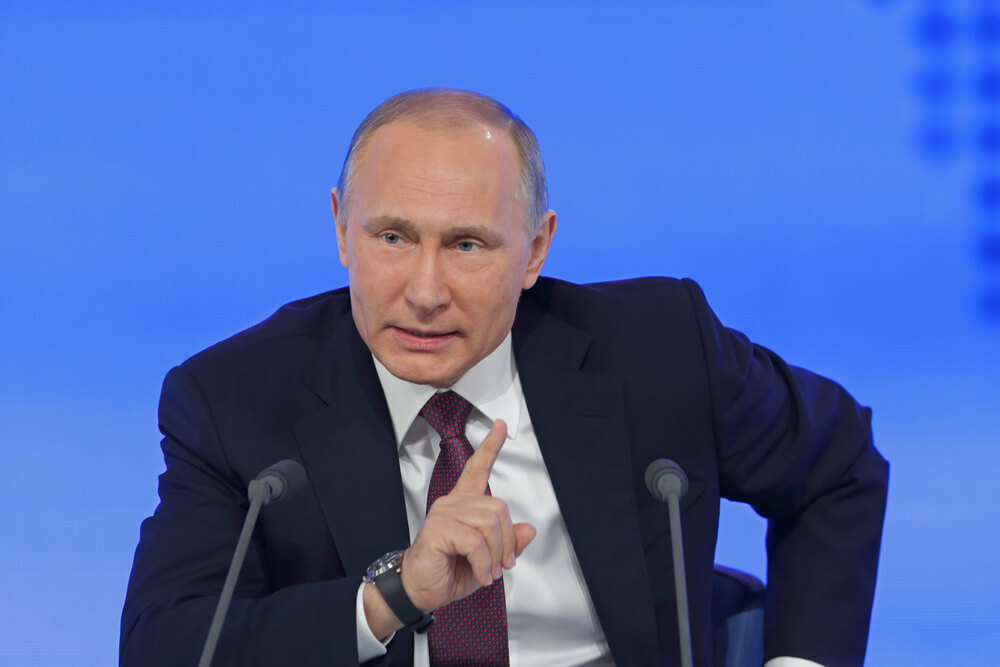Although the USSR has long since disappeared, the Soviets are still all over Russia, its neighbours in Eastern Europe, and even the West.
The Homo Sovieticus factor poses a significant challenge to the majority of people in Moldova, Georgia, or Ukraine who aspire to integrate into the European family of democratic countries. These types of individuals ultimately enable Russia to meddle in the West's and European affairs.
Who would sell their country’s future for a hundred dollars? A Soviet person from Moldova would.
The FSB initially formed the Moldovan oligarch Ilan Shor for money laundering purposes, and he currently serves as a full-time Russian proxy in Moldova. He has compensated a significant portion of Moldovan voters, nearly 100 dollars each, for their rejection of Moldova's pro-European stance and their subsequent support for Moldova's pro-Russian dependency.
In Georgia, these Soviet people support the Georgian Dream political party, and thus they are helping the Kremlin to sabotage the pro-European choice the majority of people in Georgia made many years ago.
In Ukraine, the Soviet people initially supported Russian insurgents, who launched an attack in 2014. Since then, they have been fighting against the Ukrainian government and rejecting the decision of the vast majority of Ukrainians to join the EU.
Homo Sovieticus does not believe in long-term goals
They do not believe in themselves or in any long-term goals. The Soviet people had become accustomed to surviving within a limited timeframe. The future was always unclear and occasionally frightening in Soviet reality.
One hundred dollars today is preferred by the Soviet person over EU membership in the future.
The Soviet people are spread throughout the former USSR and even in the countries under its control.
Pro-Russian populist parties in East Germany promise quick solutions to the voters
Just look at the pro-Russian populist parties in East Germany, which promise quick solutions to the voters. Those quick and populist promises are not much different from the hundred dollars that were paid to the people in Moldova by Ilan Shor on behalf of Moscow.
The same is true for the Russian-speaking diaspora in the US. They cast their votes in America based on recommendations from the Kremlin, which they receive through the Russian cable television available in the US.
These Soviet people and politicians who represent them provide grounds for Russian meddling not only in countries where they live, but they also help Moscow expand its influence globally.
They have solidly rejected any future that excludes Russia's participation.
Moscow has been harvesting Soviet people around the world
The Soviet people reject reality and continue to yearn for Moscow's leadership to provide them with quick and immediate handouts. This is why in Eastern Europe these Soviet people are attracted to populists advocating a good relationship with Russia.
Prior to his unravelling as a confirmed war criminal, Putin was merely a typical populist who dedicated the preceding two decades to blaming the West, particularly America, for all the negative experiences the Soviet people endured during the USSR era and especially after its collapse.
 Putin was merely a typical populist who dedicated the preceding two decades to blaming the West, particularly America, for all the negative experiences the Soviet people endured during the USSR era
Putin was merely a typical populist who dedicated the preceding two decades to blaming the West, particularly America, for all the negative experiences the Soviet people endured during the USSR era
Moscow has been harvesting these discouraged Soviet people all over the world with bribes and promises of greatness.
Instead of democratic perspectives in a relatively distant future within the EU, Russia is alternatively offering to these Soviet people immediate small bribes and (fake) greatness in the shadow of Russia.
Encourage the discouraged
Clearly, the West misunderstood or underestimated the trauma the Soviet people had endured over seventy years of communism.
People do not want to wait long. They get discouraged
These individuals are unwilling to wait years for EU admission. Instead, they turned back to the old master from Moscow, who promised them quick admission and fake prosperity.
People do not want to wait long. They get discouraged. Moscow is banking on this discouragement. This had happened in Ukraine. It nearly happened in Moldova during the previous election, and it could potentially happen in Georgia if pro-European parties are rejected in the forthcoming elections.
One day, the West, especially the EU, will hopefully realise that admitting countries like Moldova or Georgia as soon as possible is in the interest of the West itself and the EU in particular.
Alternatively, these countries could permanently fall under Russia's control, including because of the bribes to the voters, Homo Sovieticus.